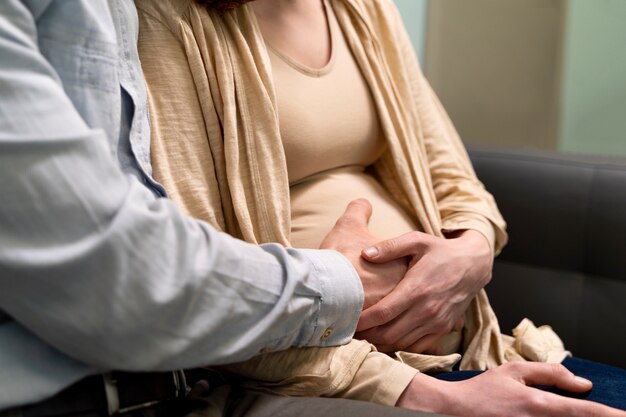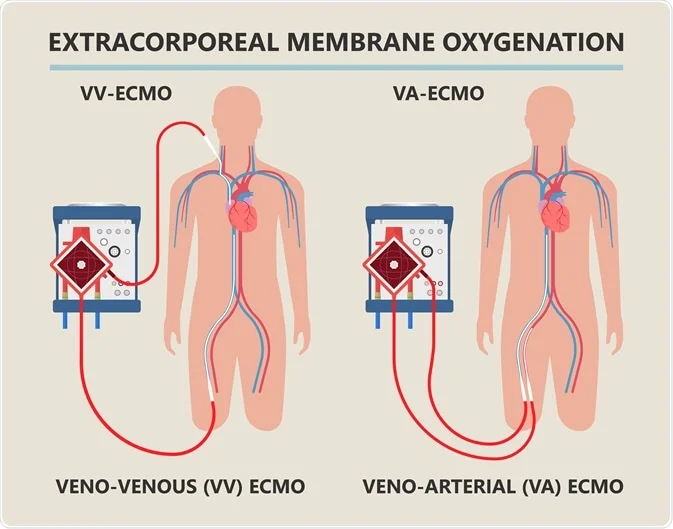Maternal-Fetal Results of COVID-19-Infected Pregnant Women Treated with Extracorporeal Membrane Oxygenation: A Descriptive Report
Objective: COVID-19 infection may produce severe pneumonia, mainly in the adult population. Pregnant women with severe pneumonia are at high risk of developing complications, and conventional therapy sometimes fails to reverse hypoxemia. Therefore, extracorporeal membrane oxygenation (ECMO) is an option in cases with refractory hypoxemic respiratory failure. This study aims to evaluate the maternal-fetal risk factors, …



